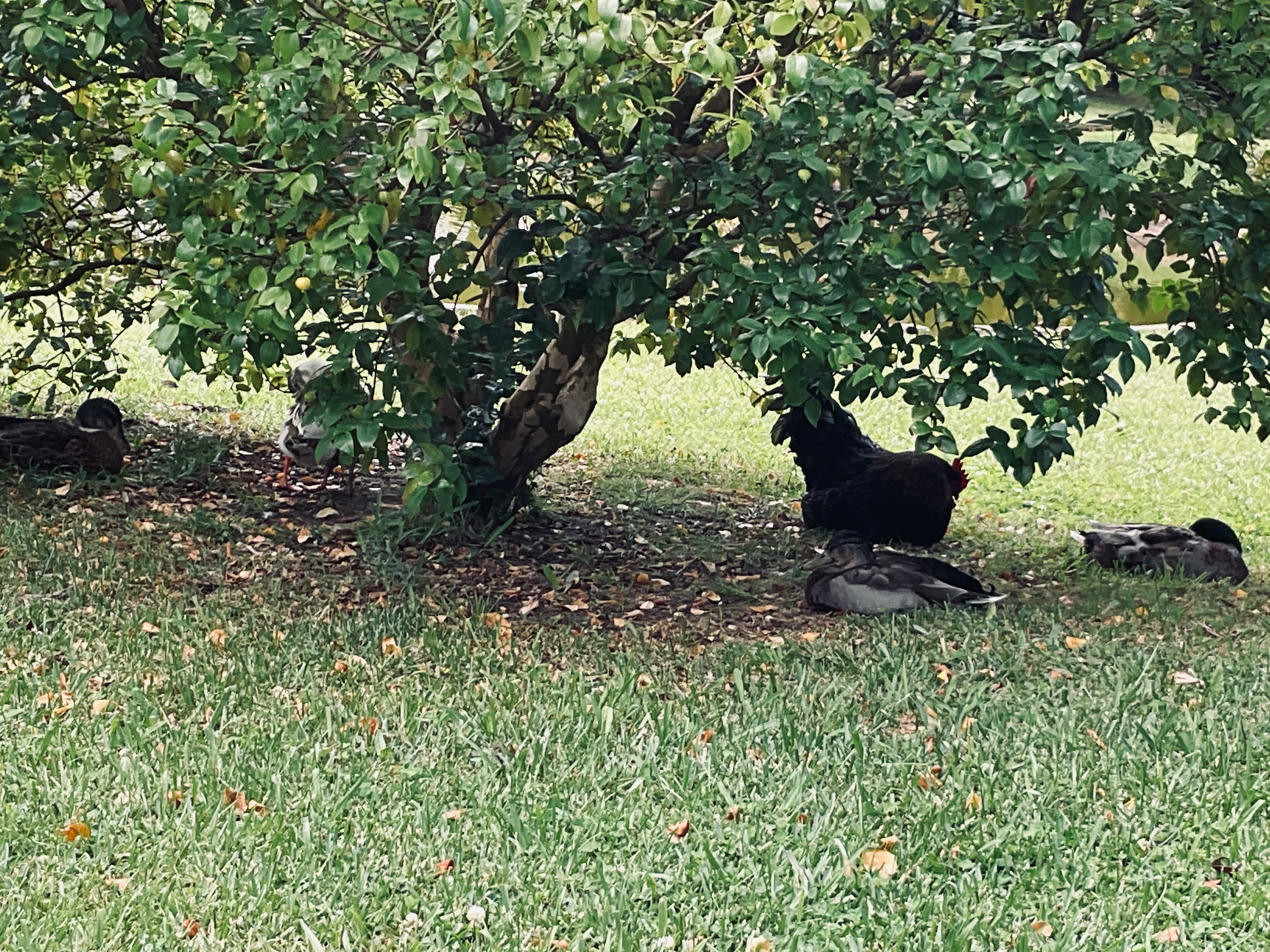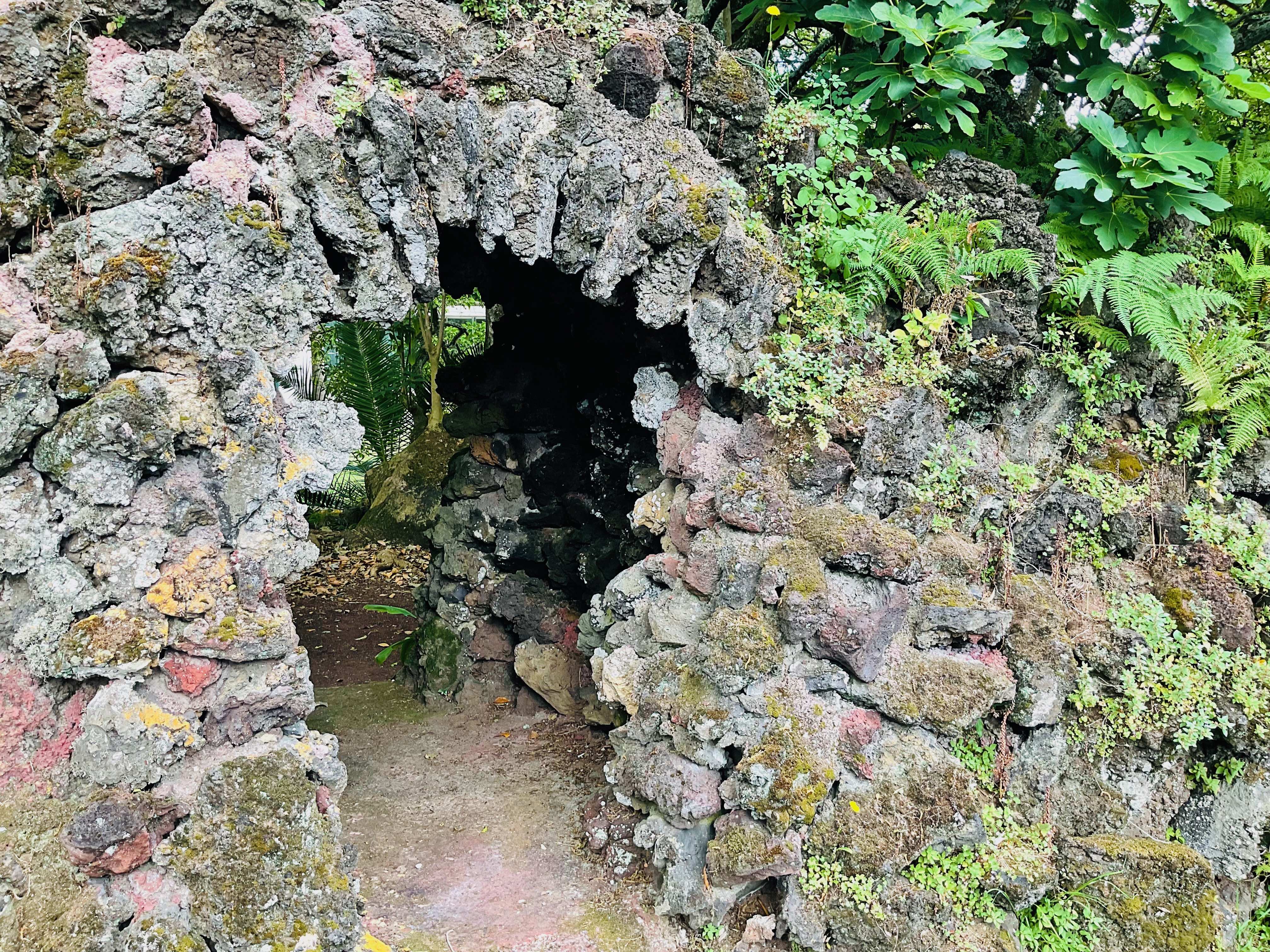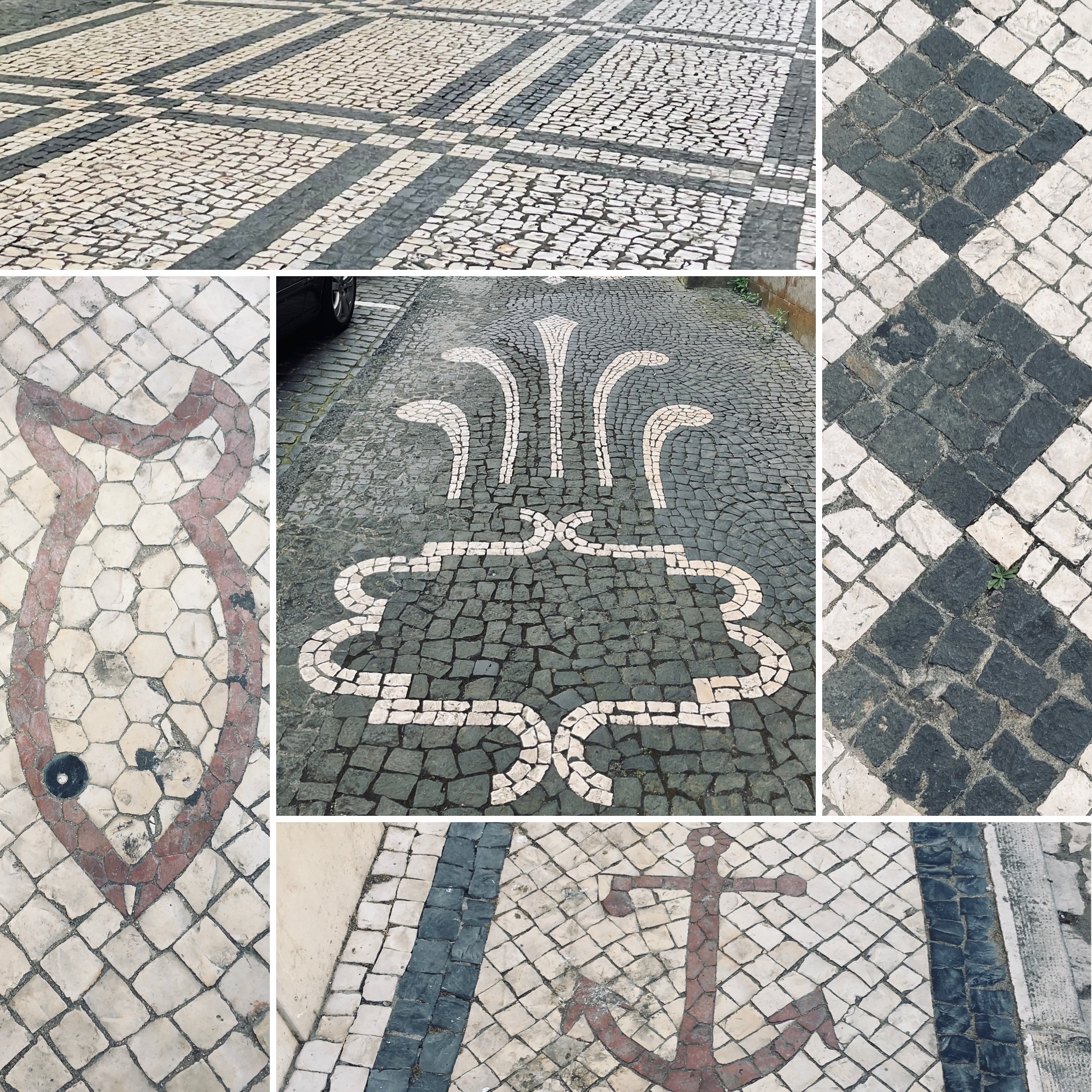It is not just that we want more but that we want more than others, who at the same time want more than us; this fuels an endless race.
–Robert Skidelsky
How much is enough?: The love of money and the case for the good life
To understand the culture of a place it helps to have an understanding of its history. The history is often better understood with some attention to the economic pressures that shaped it. I found it an odd juxtaposition between the individual and the national culture. The individuals in Portugal, especially in the Azores, are truly some of the kindest, most helpful, most generous people you could ever hope to meet. They would give you the shirt off their backs and then some. The nation though is proud, sometimes authoritarian, and historically ambitious. Portugal seems always yearning, trying to get, and keep, its piece of the global pie.
There is a whole lot of drama in the tales of Portugal’s efforts to not be absorbed by Castile. Geographically, Portugal seems almost precariously balanced along the Iberian Peninsula’s west coast, as if Spain is slowly pressing it into the Atlantic. Still it holds on, to its borders, its language, its foods and traditions. I mean, I don’t think a country can actually hip check another country into the ocean or anything, I just feel like there’s this unspoken pressure on Portugal that makes it difficult for it to lean back and relax as if this is enough. I think this pressure was very formative for the character of the nation.
There is an old story of a farmer who goes through a series of fortunate/unfortunate events, each made possible by the last. When his horse runs away the neighbors sympathetically tell him that’s awful. The farmer stays calm, “maybe yes, maybe no.” When the horse returns bringing wild horses with it, the neighbors are so happy for the farmer telling him this is wonderful. The farmer is again quite calm, “maybe yes, maybe no.” And so on and so forth, each bad thing makes a good thing possible and vice versa. The story as it’s been told to me is about a Chinese farmer, but the Portuguese economy follows a very similar rhythm.
The pope was like a Coppola-directed Godfather back in the day. Without papal approval the kingdom could be taken by anyone who showed up with a better fighting force. But if the pope said you were legit, none of the other Catholic kingdoms could mess too much with you or they’d potentially be in trouble with the God Papa himself. You wanted him on your side, for sure. In the 14th century, the kingdom of Castile had an arguably legitimate claim to the Portuguese throne. The Portuguese court chose to go a different direction though and made an alliance with another (still Catholic at the time) kingdom to discourage pushback from any of the other Catholic kingdoms (looking at you Castile).
The Aliança Luso-Inglesa is the longest ongoing political alliance of its kind. Since 1386, Portugal and England have been obligated to help each other in times of need. It also opened up ongoing trade which was great for Portugal in some ways (for a small island the UK has a history of importing a lot of consumer goods). It’s also been limiting, like when Portugal abandoned its attempt to Tic-Tac-Toe from Angola to Mozambique because the UK was basically doing the same move, but on the vertical. Real Life Lore has a video that does a great job of explaining a lot of stuff about Portugal’s history and plans for the future, specific to territory expansion (and contraction and expansion again). Is this alliance good for Portugal? Maybe yes, maybe no.
In addition to the long-standing treaty with England, Portugal belongs to the usual clubs, EU, NATO, etc. This has some of the same, “maybe yes, maybe no,” impact on their economy. When the EU is strong it lifts up all of its members including Portugal, and when it trips they all stumble. Additionally, the EU is kinda like the Godfather that the Pope used to be for these countries and so they all have to play nice with each other if they want to stay in the club.
The descendants of the Irish diaspora, including myself, are insanely loyal to their heritage in a way that baffles pretty much everyone else. That said, I’ve had Irish dairy products… in Ireland even. They are some of the best in the world. There is no butter as good as Azorean butter. I said what I said, and I’m not taking it back.
The cattle industry in São Miguel is such a big part of the island economy that at one point (in very recent history) there was a 1:1 ratio of cows to people on the island. Also, that stat is from my class notes, not like some official report, but I trust my professor. No shade to the beef, but I don’t eat much meat and can’t give a fair review, imo. Theoretically, it’s the volcanic soil, or mineral rich spring water, or something that makes the grazing special. Whatever it is Azorean dairy products are amazing, but I guess the EU is like we have enough butter exporters, come up with something else.
The Azores have a grand agricultural history. They were making a pretty penny on a plant called pastel, a.k.a. woad, but then that dye was eclipsed by the vivid blues of indigo. Azorean plantations are smaller, and far less horrific, than what the word evokes for most Americans. Not that Portugal’s history is angelic by any means, but their plantations were more straightforward economic endeavors. The pineapple plantation we visited was charming with a small scale aquaponics-esque irrigation system. The tea plantation was similarly very nice, with the bonus of a friendly cat that allowed us all to pet it.
These plants have nothing on the impact of oranges, though. There are multiple languages in which the word for the fruit is the same as, or a very close derivation of, the word for Portugal. The Portuguese were insanely successful and prolific in their exporting of this golden fruit (that they themselves had acquired from China). Over time other countries developed their own local orchards. The Portuguese oranges are delicious, but not nearly as hardy as Spain’s Valencia oranges. Add a bad blight of the Portuguese orange industry to healthy competition and their golden age of orange trade came to a disappointing end.
This boom-bust cycle seems to exemplify Portugal’s economic history. It’s like the game keeps changing just when it seems certain that they’re winning it. The Portuguese are adaptable though. Much of what I saw while I was there was the shift to a tourism based economy.
There’s no great demand for Portuguese pineapples (they’re tasty, just not competitive market-wise), but there’s a lovely gift shop for tourists who want to visit a Portuguese pineapple plantation, which honestly, I recommend if you get the chance. The whaling industry has definitely fallen out of favor, but whale watching is always fun and a lot of the same skillset can be applied. Portugal is a great place to be a tourist. You’d be hard pressed to find more gracious hosts. And as a bonus, everyone in the hospitality industry, or under thirty in general, seems to speak English fluently.
Unfortunately though, it’s not exactly a secret that Portugal is a great place to visit. Their success at attracting tourists may even be ruining some of the things that the tourists are there for. Sintra was breathtakingly beautiful, but honestly, fairly low on my list of places to return to. There were a lot of tourists there and aside from the views it felt the least like being in Portugal of any of the places I visited. Is tourism good for Portugal? Maybe yes. Maybe no.
I’m by no means an economic scholar. You can probably get a better intellectual analysis from, oh, just about anyone. I just reckon we all want to have enough. I understand what enough looks like on a small scale. I want housing security and food security for myself and my kids. I want enough to put away something extra so that I still have that security if a few variables go wonky. I want enough to travel, and have adventures, enough to say yes to fun opportunities and to help others. Money can’t buy you happiness, but poverty doesn’t give a whole lot of joy either. It’s as if having more than enough isn’t likely to make you happier, but having less than enough definitely detracts from happiness.
I don’t know what enough looks like on a national scale. I’m worried about inequities where people who own short term rentals for tourists have more than enough, and people who want to live near where the work is don’t have nearly enough. But problems with inequity aren’t the same as the question of how to have enough in a competitive global market.
Portugal has some shameful chapters in its history, but don’t we all? At the end of the day, I’m rooting for them. I hope the country finds a sustainable path to economic security. I don’t know what that is, but I want that for them, and for me, and for you.
Money don’t get everything it’s true
What it don’t get, I can’t use
I want money
That’s what I want–The Flying Lizards
Money




 Once upon a time,
Once upon a time, 














